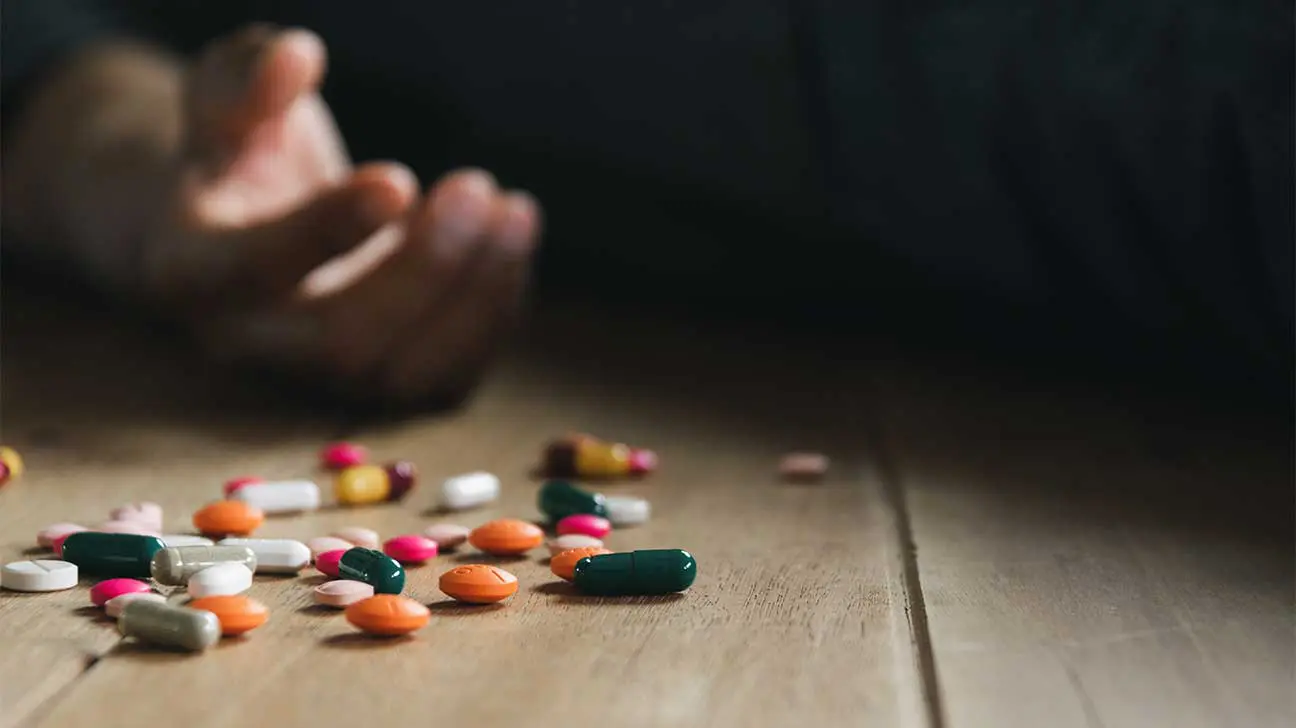
Ritalin (methylphenidate) is a medication that is widely prescribed for the treatment of attention-deficit/hyperactivity disorder (ADHD) in children, teenagers, and adults.
The maximum daily limit of Ritalin that is safe to take is 60 milligrams (mg).
One case of fatal Ritalin overdose has been reported after taking 110 milligrams. Researchers say that anyone who has taken more than 60 mg should be referred to an emergency department.
Learn more about the lethal dose of commonly abused drugs.
Factors That Can Affect A Lethal Dose Of Ritalin
While Ritalin is safe and effective when taken as prescribed, taking excessive doses of Ritalin can be life-threatening in rare cases.
This can also occur from taking high doses of Ritalin with other drugs.
Other factors that can affect a lethal dosage include:
- age: children and elderly adults may experience toxic effects in lower doses
- method of use: injection drug use is associated with a higher risk of overdose
- polydrug use: taking multiple drugs can increase the risk of overdose
- overall health: certain health conditions, including impaired liver function, can increase the risk of overdose
- tolerance: people who have a higher drug tolerance may tolerate a higher dose of Ritalin compared to people with lower or no drug tolerance
Survival has been reported after instances of people taking up to 270 mg of methylphenidate. Fatal overdose is not common, but it can occur.
Recognizing The Signs Of A Ritalin Overdose
Taking an excessive amount of Ritalin, or mixing it with other drugs, can lead to overdose. If someone is showing signs of a Ritalin overdose, seek medical attention right away.
Signs of a Ritalin overdose include:
- agitation
- hallucinations
- rapid heartbeat
- dizziness
- blurred vision
- dilated pupils
- abnormally fast breathing
- muscle twitching
- nausea and vomiting
- sweating
- confusion
- seizures
Cardiac complications, loss of consciousness, and sudden death have also been reported as potential side effects of Ritalin use.
What Factors Can Increase The Risk For Ritalin Overdose?
Ritalin overdose may be more common in people who have an underlying mental health disorder, drug abuse, or a history of drug addiction.
Ritalin is sometimes taken in excessive quantities with suicidal intent. Mental health treatment and substance abuse treatment may be recommended following emergency treatment for overdose.
How Common Is Fatal Ritalin Overdose?
Ritalin overdose is not common. When Ritalin overdose does occur, it is usually nonfatal. Severe cases of overdose may require emergency medical treatment.
Call Today To Find Treatment For Drug Addiction
If you or a loved one are facing addiction for the first time, you can find substance abuse treatment today. Call us to learn more about your treatment options and how to access them.
Addiction Resource aims to provide only the most current, accurate information in regards to addiction and addiction treatment, which means we only reference the most credible sources available.
These include peer-reviewed journals, government entities and academic institutions, and leaders in addiction healthcare and advocacy. Learn more about how we safeguard our content by viewing our editorial policy.
- Substance Abuse and Mental Health Services Administration (SAMHSA)—Key Substance Use and Mental Health Indicators in the United States NSDUH 2019 Results
https://www.samhsa.gov/data/sites/default/files/reports/rpt29393/2019NSDUHFFRPDFWHTML/2019NSDUHFFR1PDFW090120.pdf - U.S. National Library of Medicine: MedlinePlus—Methylphenidate
https://medlineplus.gov/druginfo/meds/a682188.html - U.S. National Library of Medicine: PubMed—A case of suicide attempt with long-acting methylphenidate (Concerta)
https://link.springer.com/article/10.1007/s12402-010-0026-y - U.S. National Library of Medicine: PubMed—Methylphenidate poisoning: an evidence-based consensus guideline for out-of-hospital management
https://pubmed.ncbi.nlm.nih.gov/18058301/ - U.S. National Library of Medicine: PubMed—Multiple organ failure resulting from intravenous abuse of methylphenidate hydrochloride
https://pubmed.ncbi.nlm.nih.gov/3994088/


